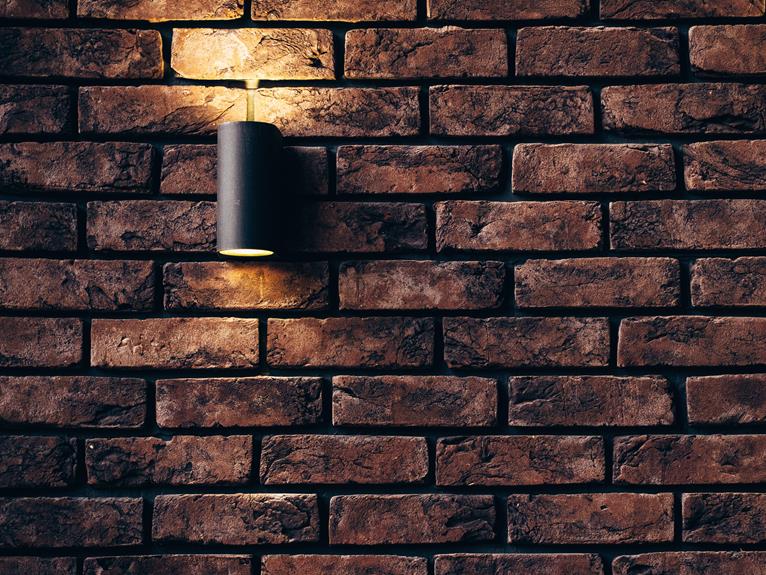Do you ever wonder why we shy away from discussing the inevitable? Why the topic of death is often treated as a forbidden territory?
It's time to break through the taboo and explore the reasons behind our unease. In this article, we will delve into the origins of this societal aversion, the cultural influences that perpetuate it, and the impact it has on end-of-life care and planning.
Join us on this journey of understanding and compassion as we unravel the mysteries of the end of life taboo.
Origins of the Taboo
One of the main reasons why the end of life taboo exists is because society has historically avoided conversations about death. Cultural beliefs and religious practices have played a significant role in shaping these attitudes.
Different cultures and religions have their own beliefs and rituals surrounding death, which can contribute to a sense of discomfort and avoidance. For example, some cultures may see death as a natural part of life and openly discuss it, while others may view death as a taboo subject that shouldn't be talked about.
Similarly, religious practices often dictate how death should be approached and can influence societal norms and attitudes towards discussing the end of life. Understanding and respecting these cultural and religious beliefs is crucial in addressing the end of life taboo and providing compassionate care to those nearing the end of their lives.
Cultural Influences and Traditions
To understand the end of life taboo, it's important to consider the impact of cultural influences and traditions. Funeral rituals and beliefs about the afterlife vary greatly across different cultures and can shape how death is perceived and approached.
Here are four examples of how cultural influences and traditions affect our understanding of end-of-life:
- Funeral rituals: Different cultures have unique ways of honoring and saying goodbye to the deceased, such as cremation, burial, or specific mourning practices.
- Beliefs about the afterlife: Cultural beliefs about what happens after death, such as reincarnation or an afterlife in heaven or hell, can provide comfort and guidance to those facing the end of life.
- Ancestor veneration: Some cultures believe in maintaining a connection with deceased ancestors, honoring their memory, and seeking their guidance in daily life.
- Spiritual rituals: Certain cultures engage in spiritual practices, such as prayers or ceremonies, to help ease the transition of the soul from life to death.
Understanding these cultural influences and traditions can help us be more sensitive and supportive when serving others during the end-of-life journey.
Fear and Discomfort Surrounding Death
Many people experience fear and discomfort when confronted with the topic of death. It is a natural response, as death is often seen as an unknown and unpredictable event. The psychological impact of contemplating one's mortality can be profound, leading to feelings of anxiety, sadness, or even existential crisis. Coping mechanisms vary from person to person, but often involve seeking support from loved ones, engaging in self-reflection, or finding solace in spiritual or religious beliefs. To better understand the fear and discomfort surrounding death, let's take a closer look at some common thoughts and emotions that may arise:
| Fear | Discomfort |
|---|---|
| Fear of the unknown | Feeling overwhelmed |
| Fear of pain | Fear of loss |
| Fear of being alone | Feeling out of control |
Stigma and Societal Expectations
There are several stigmas and societal expectations surrounding the end of life. It's important to address these issues with empathy and compassion, as they can greatly impact individuals and their loved ones during this difficult time. Here are some key points to consider:
- Stigma surrounding death: Society often views death as a taboo subject, leading to a lack of open conversations and support. This can create feelings of isolation and fear for those facing the end of life.
- Societal norms and expectations: There's a pressure to maintain a positive attitude and 'fight' against death, which can be unrealistic and emotionally exhausting. It's essential to recognize that everyone has their own unique journey and choices when it comes to end-of-life care.
- Breaking the silence: By encouraging open dialogue and providing a safe space for discussion, we can help break down the stigma surrounding death. This includes addressing fears, concerns, and wishes, allowing individuals to have a sense of control and dignity in their final days.
- Respecting individual choices: Each person's end-of-life journey is deeply personal and should be respected. It's crucial to honor their decisions and provide support, whether it be through medical interventions, palliative care, or hospice services.
Impact on End-Of-Life Care and Planning
When it comes to end-of-life care and planning, it's important to consider the impact on individuals and their loved ones. Making decisions about advance directives and hospice care can be difficult, but they're crucial for ensuring that the wishes and needs of the person at the end of their life are respected and met.
Advance directives, such as living wills and healthcare powers of attorney, allow individuals to document their preferences for medical treatment and appoint someone to make decisions on their behalf when they're no longer able to.
Hospice care provides specialized care for individuals with terminal illnesses, focusing on pain management and improving quality of life.


